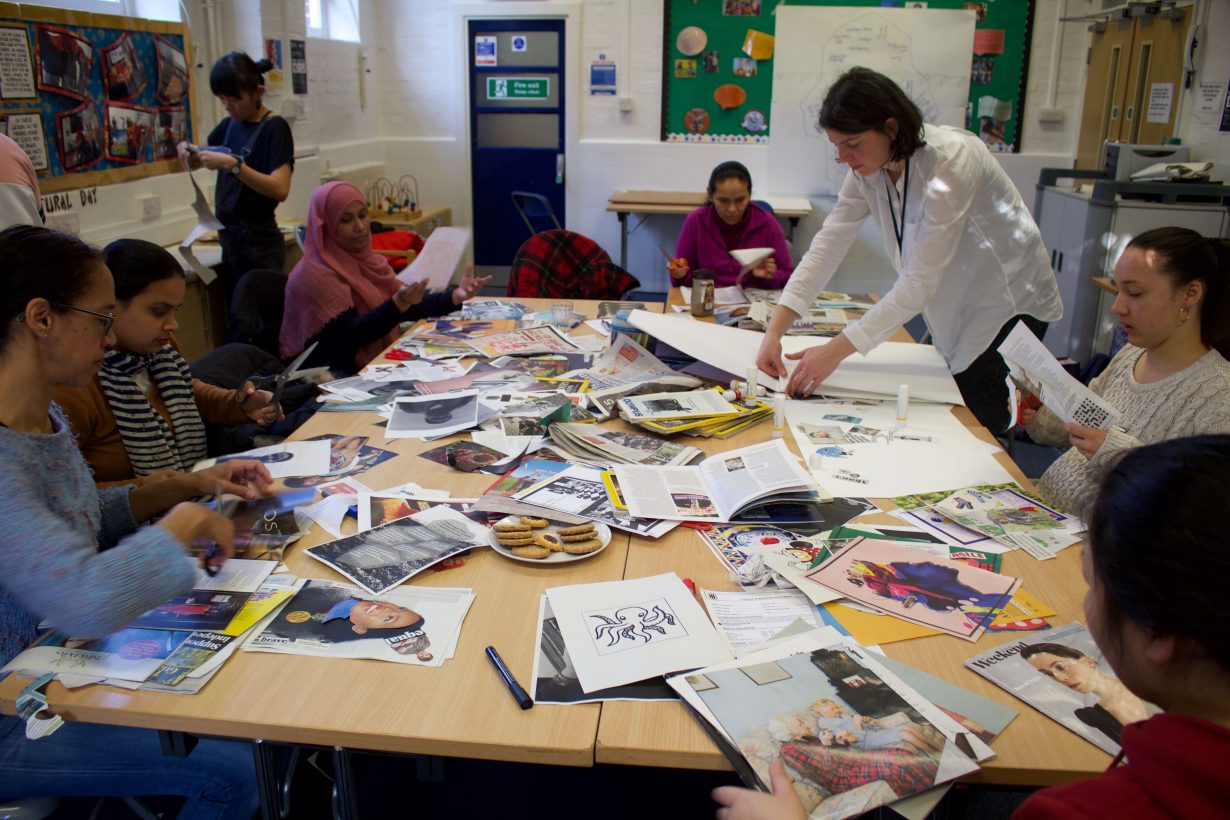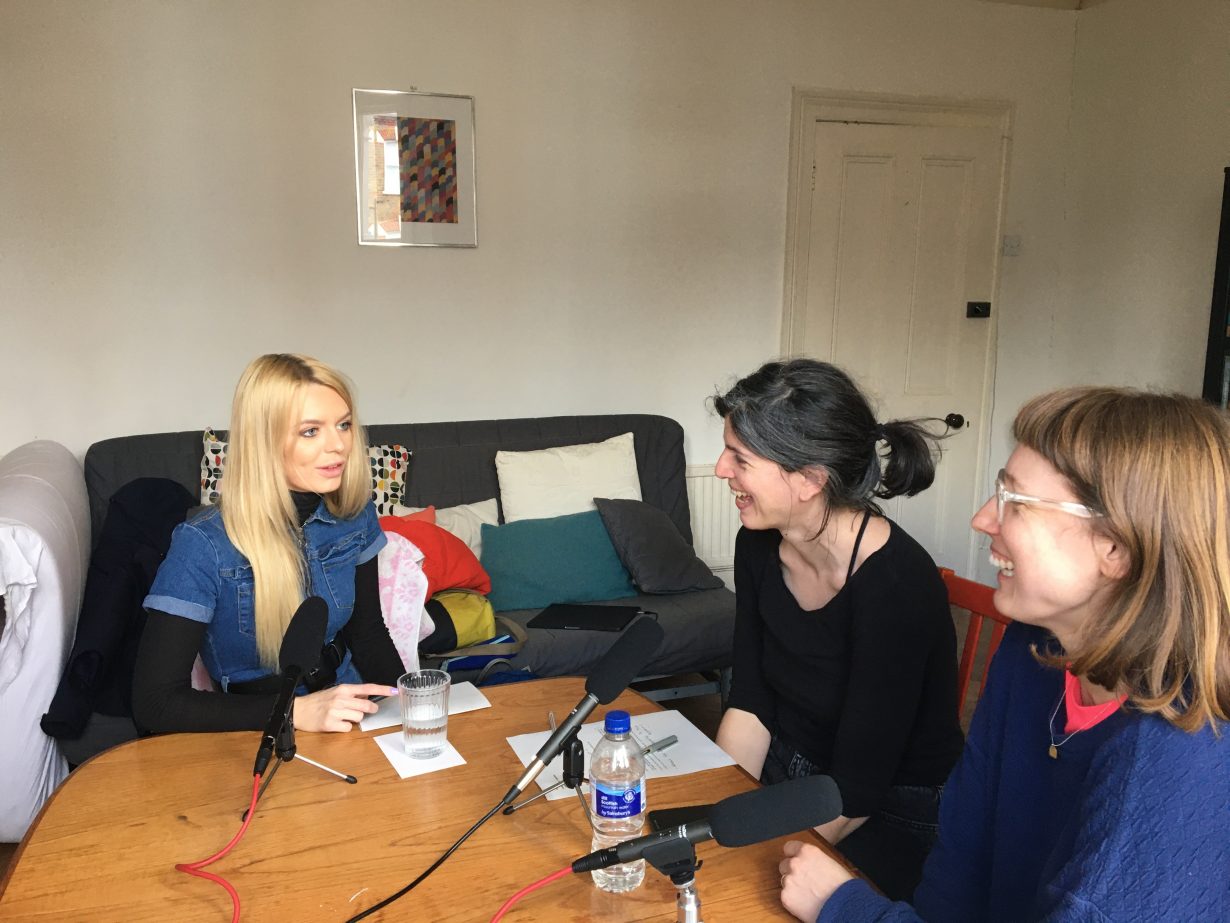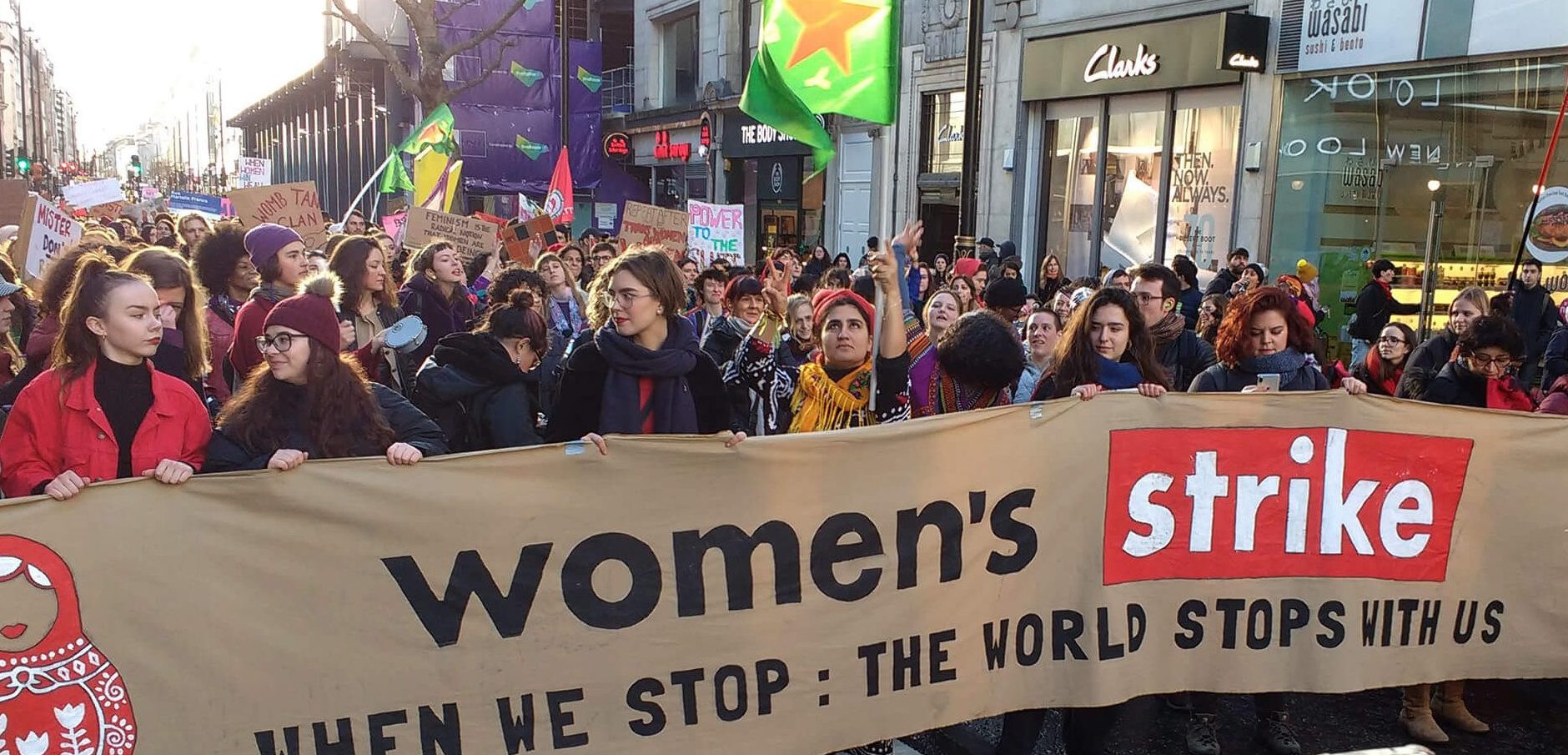New podcast ‘True Currency’, from artists Ruth Beale and Amy Feneck, makes for vital listening
When Jessie Young gave birth in 2019 she started to record how much time she spent breastfeeding her newborn. Over six months she devoted 720 hours and 7 minutes to this life-giving labour. These figures were then used by Conway & Young, the art collective Young is a partner of, to work out that if this work was remunerated, the new mother would be owed £5916.95 at living wage rates. The Milk Report is used by Ruth Beale and Amy Feneck as a neat demonstration of the themes that dominate the first episode in their new six-part podcast series. The pair are also artists and in 2012 formed The Alternative School of Economics, most notable for establishing the Rabbits Road Institute, an artist and community engagement space set up in an East London former library.
This new project, True Currency, synthesises a lot of their ongoing research interests into what amounts to an astute introduction to feminist economics. Things are kept simple, the mode of presentation being two lay people (ie, not economists) presenting to an audience which is likely interested but not well-read around the subject (ie, me). There are plenty of experts brought in during the 37 minutes to explain things: Mary-Ann Stephenson, for example, the director of the Women’s Budget Group, an organisation set up to push for a better, more equal approach to the economy, offers the primer that “Feminist economics is about recognising social reproduction is as important as production […] how we as a society care for, educate and bring up the next generation, how we care for people when they’re old, is central to the economy.”

It was motherhood that pushed Feneck into this research in the first place. “When I first became a mother I had this strange feeling of being outside of things, of being outside capitalism, of what productivity was” she says. “But I was working really hard, looking after my child, keeping her alive.” Beale and Feneck are quick to note their own privileges as educated, white women raised in the northern hemisphere (with powerful passports to match), but their approach is refreshingly practical in a world – and an artworld – seeped in often empty identitarian rhetoric. They rightly focus on childcare as being one of primary battles for feminism: a real structural battle that can actually be won. To do so requires the recognition of that labour as labour, and a social reorganisation in which the monetary economy fits around this primary role (and not the mother working around the needs of capitalism as is currently so-often the case). It’s a tough challenge: one telling moment is when an interviewee, artist Ailie Rutherford, admits she sometimes withholds the fact she is a mother when applying to residencies and or other such opportunities fearing it will jeopardise her chances.
Theirs is also an intersectional conversation, recognising a feminist revolution/evolution will help the rid the world of various other ills. “When we think of the economy we only think of one bit of it, this little bit that is about the transfer of money and labour between groups. The two bits that are ignored is the domestic economy, and what is termed externalities, things like the environment. We depend on all this: we all need care at some points in our life, we all need clean air” Stephenson explains. “We are interdependent and we need an economic model that has care of each other and the planet at its centre.”

As well as offering wide-ranging responses to the structural problems of a society ruled by on-the-books GDP figures, Beale and Feneck also analyse local responses that might offer a female-led remedy to current injustice. In future episodes they conduct a workshop at the Henry Fawcett Children’s Centre and interview a representative of a sex workers’ union. In episode one however the pair visit the Indo American Refugee and Migrant Organisation in South London (the podcast is the result of a residency at Gasworks in Vauxhall) to hear about its peer-to-peer work with recently migrated Latin American women, who help each other navigate the complexities and irrationalities of bureaucracy, bewildering to many who have English as a first language, harder still for those who do not. It is an example of mutual labour exchange based on care and empathy, not pounds and exploitation.
There is nothing to suggest True Currency is an artwork – beside its producers and commissioners – and as a podcast the format is simple and informative. If theory is introduced it is done so breezily and without pretension (at least for the first episode, there’s no diving into Frederick Engels or Silvia Federici, both of whom laid the groundwork for this discussion.) The medium is also inherently democratic (and COVID-19-proof). Yet practicalities aside there is a naivety to the let’s-start-from-scratch approach in the way the series has been produced that is radically useful and seems indebted to the artistic process in that it approaches its subject anew without preconception. It refuses to accept the norms while also acknowledging expertise (if Beale and Feneck are the artists, think of Stephenson et al as the fabricator they’ve lent upon to realise the project). Beale and Feneck’s approach raises the question, if an artist was given a commission to remake the economy, or to remake the way society is structured, what might it look like? The rest of the series, yet to be broadcast, promises vital listening.
A new episode of True Currency, which is produced in collaboration with Social Broadcasts, is released every Thursday through 20 August on the Gasworks website and across various podcast platforms.
